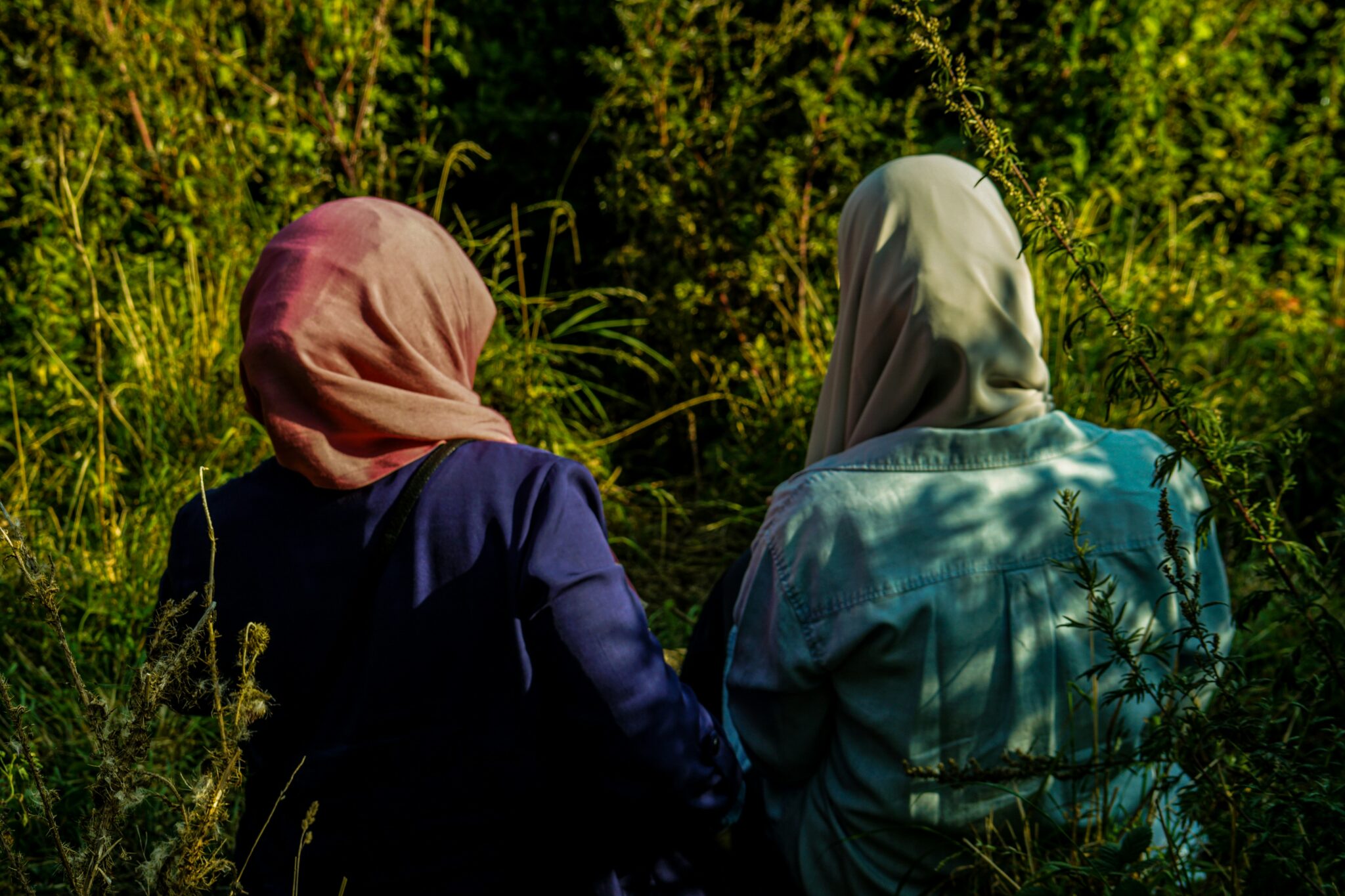In 1957, Morocco gained independence. That year, 17% of university students were women. This was the start of Morocco’s journey towards gender equality.
The path to Moroccan feminism was long and complex. It was shaped by culture, religion, and politics. Women in Morocco have overcome many challenges to fight for their rights.
The growth of women’s empowerment in Morocco shows a big change in society. This change has touched many areas of life. It has opened new doors for women in Morocco.
Key Takeaways
- Morocco’s journey toward gender equality began shortly after independence
- Cultural and religious factors have shaped the women’s rights movement
- Legal reforms have played a crucial role in advancing women’s status
- Education has been a key driver of women’s empowerment
- Challenges remain in achieving full equality, especially in rural areas
Origins of Women’s Rights Movement in Pre-Colonial Morocco
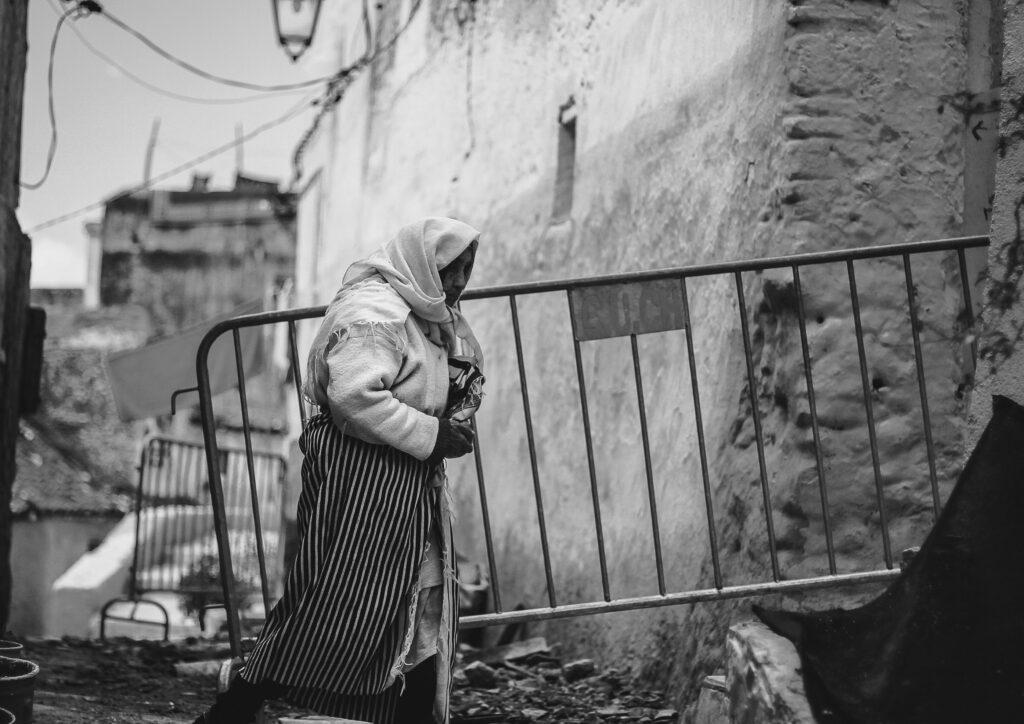
The fight for women’s rights in Morocco started long before the colonial era. This early time marked the start of a movement. It aimed to change old cultural norms and bring about social change.
Traditional Role of Women in Moroccan Society
In pre-colonial Morocco, women mostly stayed at home. They took care of the family, raised children, and were wives. These roles were set by deep cultural norms that shaped what society expected.
Cultural and Religious Influences
Islam was key in shaping women’s place. Islamic teachings gave women some rights, but often, these were seen through a male lens. This mix of religion and culture was where the first voices for change began.
Early Advocates for Change
Some women started to question their roles. These women, who were early Islamic feminists, wanted to see religious texts in a new light. They supported women’s rights. Their work was the foundation for future changes in Morocco.
“Our struggle is not against our faith, but against misinterpretations that limit women’s potential.”
These brave women faced big hurdles. They had to balance respecting their culture with the need for change. Their determination paved the way for the women’s rights movement that would grow stronger over time.
The Evolution of Women’s Rights in Morocco: A Historical Perspective
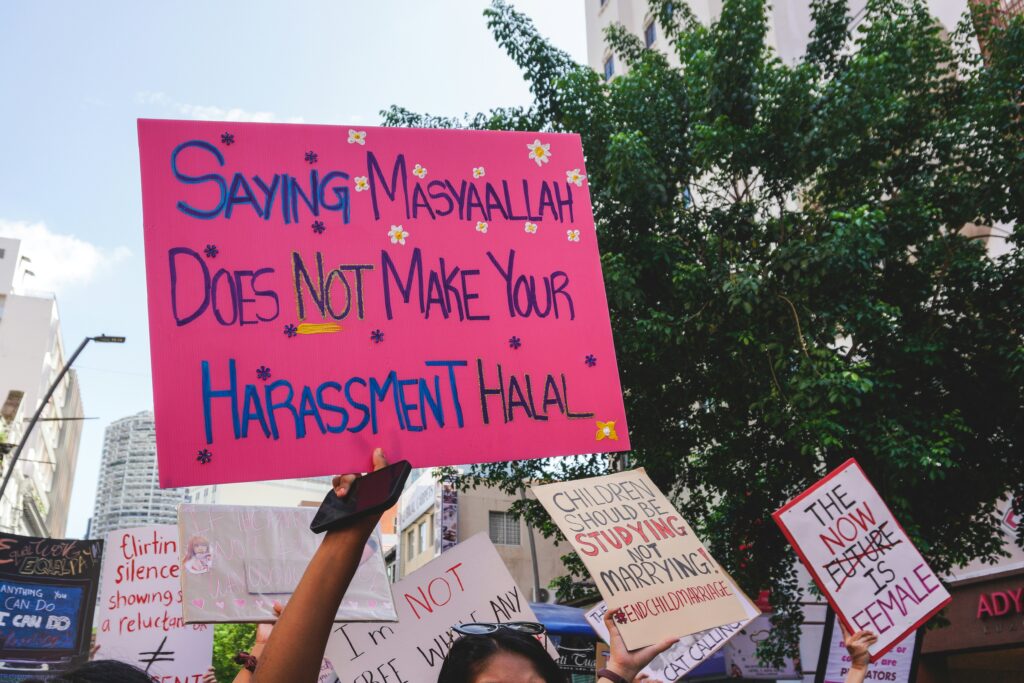
Morocco has made big steps towards gender equality. The fight for women’s rights has lasted for decades. It has been shaped by culture, religion, and politics.
In the early 1900s, Moroccan women started to challenge old roles. The first girls’ school opened in 1913. This was a big step for female education. Women like these pioneers paved the way for change.
The 1960s brought new chances for women. Women’s groups formed to push for more public roles. These groups helped bring attention to gender issues and pushed for law changes.
“Education is the most powerful weapon which you can use to change the world.”
A big win was the update of the Moudawana (Family Code) in 2004. This change gave women more rights in marriage, divorce, and custody. It helped Morocco’s laws match global human rights standards.
Now, Moroccan women keep working for equality. They’ve made progress, but there’s still work to do. The fight for women’s rights shows Morocco is moving towards a fairer society.
Colonial Period and its Impact on Women’s Status (1912-1956)
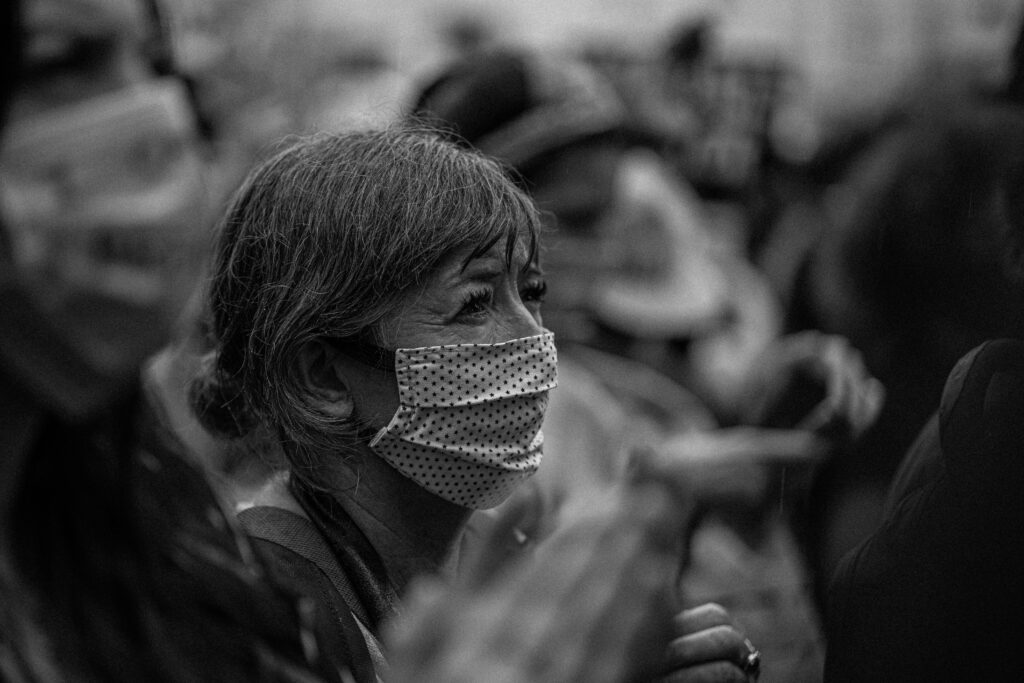
The French Protectorate era was a big change for women in Morocco. It brought new ideas and chances for education. These changes helped set the stage for future improvements.
French Protectorate’s Influence
French rule brought new views on gender roles to Morocco. These changes sparked debates about women’s roles in society. The mix of old Moroccan values and new French ideas led to a rethink of women’s rights.
Emergence of Women’s Organizations
The colonial period saw the start of Moroccan feminism. Women’s groups formed to tackle issues like education and healthcare. These groups were key in pushing for women’s rights and challenging old norms.
Educational Reforms and Female Literacy
French rule introduced new education chances for women. Schools for girls opened, boosting female literacy. This education empowered women to join society more and sparked a push for more change.
“Education is the most powerful weapon which you can use to change the world.”
This quote shows how education changed the women’s rights movement in Morocco. The seeds of change from this time grew into today’s strong women’s empowerment movement.
Post-Independence Reforms and Legal Developments
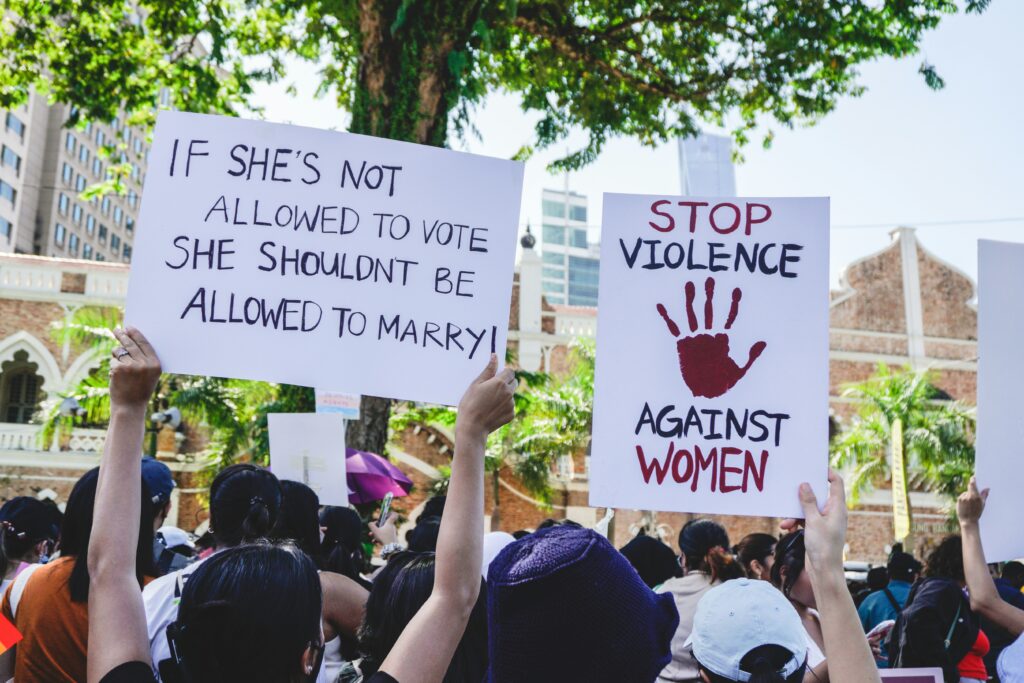
Morocco gained freedom in 1956. This was a big moment for women’s rights. The country started to change its laws to make things fairer for everyone.
The Personal Status Code came in 1958. It changed family laws like marriage and inheritance. It kept some old rules but also made new ones, like a minimum age for marriage.
The 1962 constitution made all Moroccans equal. This allowed women to join politics and public life. In 1963, women could vote and run for office, a big step forward.
“The post-independence era saw Morocco take bold steps towards gender equality, setting the stage for future advancements in women’s rights.”
Education was key in empowering women. The government made it easier for girls to go to school. This helped more women read and work in different fields.
But, there were still big challenges. Old ways of thinking often blocked new laws. Women’s rights kept growing, but it was a long journey.
The Mudawana Reform: Transforming Family Law
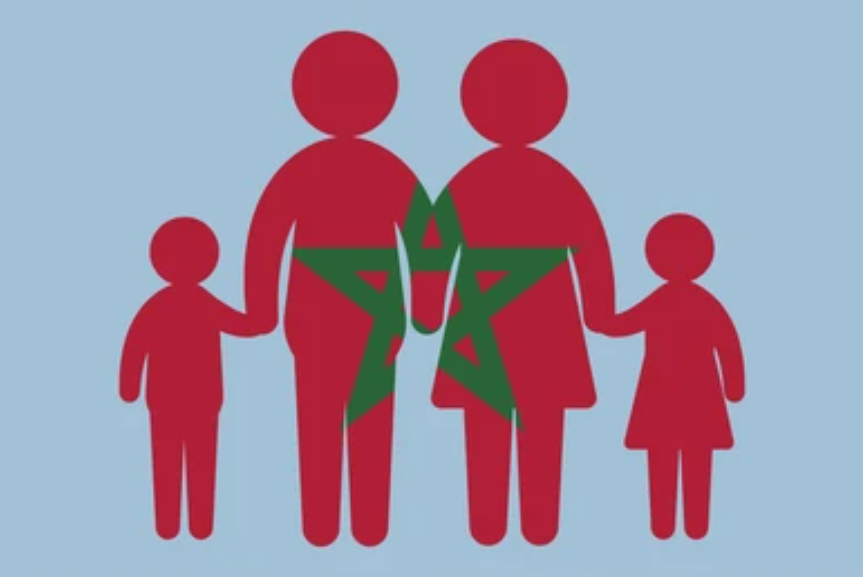
credit : www.challenge.ma
The 2004 Mudawana reform was a big change for women’s rights in Morocco. It changed family law in a big way. This move was a key moment for Islamic feminism and social reform.
Key Changes in Family Code
The new Mudawana made women wait until they’re 18 to get married. It also gave wives the same rights as husbands in divorce and custody. These changes made Moroccan law more in line with global human rights.
Social Impact and Implementation
The reform had a big impact on society. Women got more control over their lives and families. But, making everyone know about the new laws was hard.
Urban areas adopted the changes faster. But, many rural areas were slow to catch on.
Religious and Conservative Response
The reform caused a lot of debate among religious groups. Some thought it went against traditional values. Others saw it as a step forward for society.
This debate showed the complex views on Islamic feminism and conservative religion.
“The Mudawana reform represents a significant step towards gender equality in Morocco, balancing traditional values with modern rights.”
The Mudawana reform is still important for women’s rights in Morocco. It keeps the conversation going on gender equality and social reform.
Women’s Political Participation and Leadership
Morocco has made big steps in women’s political roles. In 2002, it started a quota system for women in parliament. This was a big step towards equal politics.
In 2011, Morocco’s new constitution said men and women are equal. It also made sure more women are in politics. These changes have helped women in politics a lot.
But, there are still big challenges. Women find it hard to get into leadership. Cultural and social barriers stop them. The gap between city and country in women’s politics is still big.
“We’ve come far, but there’s still work to do. We need more women in decision-making positions to truly achieve gender equality in politics,” says Fatima Sadiqi, a Moroccan feminist scholar.
There are still efforts to help women in politics. NGOs and the government are training women for leadership. They want to build their confidence and skills. These programs are key for a new wave of women leaders in Morocco.
Economic Empowerment and Workplace Rights
Morocco is working hard to make things fair for women. They want to make sure women have the same chances in the job market.
Labor Laws and Protection
New laws aim to stop women from being treated unfairly at work. The government wants to make sure everyone gets paid the same. They also want to keep workplaces safe from harassment.
Entrepreneurship Initiatives
More women in Morocco are starting their own businesses. Programs help women get the money and support they need. This helps the economy grow and makes things more equal.
Gender Pay Gap Challenges
Even though things are getting better, women still don’t get paid as much as men. It’s important to fix this to make things fair. To help, there are plans to make salaries more open and to teach women new skills.
“Empowering women economically is not just about fairness, it’s about unlocking Morocco’s full potential.”
The fight for women’s economic freedom in Morocco is not over yet. They need to keep working on job rights, starting businesses, and fixing the pay gap. This will help make things more equal and improve society.
Contemporary Challenges and Ongoing Struggles
Morocco is still working on women’s empowerment. The country has big gaps in human rights between cities and countryside. Cultural norms also affect women differently in different places.
Rural vs. Urban Divide
Women in rural Morocco face big challenges. They don’t have the same chances as city women. City women have more freedom in their lives.
Education Access Issues
Education in Morocco has improved, but there are still problems. Girls in far-off places may not get to go to school often. This limits their chances for a better future.
Cultural Barriers
Old beliefs sometimes block women’s rights progress. Some groups don’t want to change old ways. This makes it hard to improve things like when women can get married and own property.
“Changing hearts and minds is as important as changing laws when it comes to women’s empowerment in Morocco.”
To solve these problems, we need many different solutions. We must change laws and work on the ground to change how people think. This way, Morocco can keep moving toward equality for all.
Conclusion
The journey of women’s rights in Morocco has seen big steps forward. Women have moved from old roles to being modern leaders. The Mudawana reform was a key moment, changing family laws and helping equality.
Moroccan feminism has grown stronger over time. Women are now in politics, running businesses, and helping the economy. But, there are still hurdles. Rural areas are behind cities in women’s rights. Education and job fairness are also big issues.
The fight for gender equality in Morocco goes on. The country is trying to mix old traditions with new changes. Women’s strength and willpower are leading the way to a future where everyone can succeed and contribute equally.
Listen to the Podcast.
FAQ
What were the traditional roles of women in pre-colonial Moroccan society?
In pre-colonial Morocco, women mostly stayed at home. They took care of the house, kids, and family traditions. Cultural and religious rules often kept them from making public decisions.
How did the French Protectorate impact women’s rights in Morocco?
The French Protectorate (1912-1956) changed women’s lives in Morocco. It brought Western education, making more women literate. Women’s groups also started, pushing for change. But, these changes mostly reached city folks and the rich.
What was the Mudawana reform and why was it significant?
The Mudawana reform in 2004 changed Morocco’s family laws. It made marriage laws stricter, allowed women to divorce, and gave them more rights in child custody. This was a big win for women’s rights in Morocco.
How has women’s political participation evolved in Morocco?
Women’s role in politics in Morocco has grown. A 2002 law set aside seats for women in parliament. By 2021, women held about 24% of these seats. But, they still face hurdles in leading politics.
What are some current challenges facing women’s rights in Morocco?
Women in Morocco still face many challenges. They deal with less education and healthcare in rural areas. Gender-based violence and social stigma are big issues. The pay gap and workplace bias also hold them back.
How has Islamic feminism influenced the women’s rights movement in Morocco?
Islamic feminism has been key in Morocco’s women’s rights movement. It fights for women’s rights using Islamic teachings. This has helped pass laws like the Mudawana, showing women’s rights fit with Islam.
What role have women’s organizations played in advancing women’s rights in Morocco?
Women’s groups have led the fight for women’s rights in Morocco. They push for laws, raise awareness, and support women. These efforts have been crucial in getting the government to make changes.

